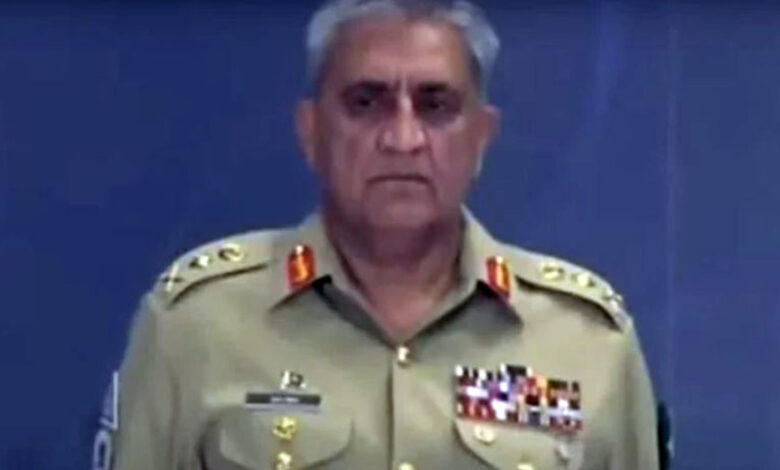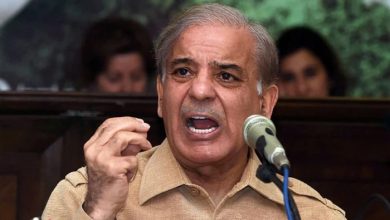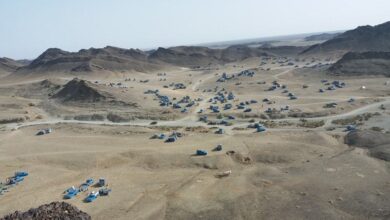COAS Bajwa advocates talks with India to settle all outstanding issues.

General Qamar Javed Bajwa, the head of Pakistan’s army, spoke at the Islamabad Security Discussion on Saturday, and he told the group that they should talk with India to solve all of their problems.
On Friday, Prime Minister Imran Khan launched the conversation.
Under the topic “Comprehensive Security: Reimagining International Cooperation,” the two-day conference brought together Pakistani and international policy professionals to address current issues in international security.
They’re going to have 17 foreign speakers at the Islamabad Security Dialogue. They’re going to be from countries such as China and the United Kingdom as well as the European Union, Japan, and the Philippines!
Recognizing the National Security Division’s efforts to organize the second security dialogue, COAS Gen Bajwa stated, “I believe that now, more than ever, we must instill and promote such spaces for intellectual debate and discourse where people from all over the world can come together to share their perspectives on the future of their country and the world at large.”
He thought that places like this are important because they help people who are good at what they do see that working together with other people across the world is better than working alone.
During his speech, he said that the resurgence of inter-state conflict in the face of global problems like poverty and climate change is a question of the international system’s basic assumptions about how things work.
“The collective security of the international community is contingent upon our capacity to combine our common aspirations for global wealth into an equitable international framework capable of withstanding external threats.”
He said that as a country at the intersection of economic and geopolitical issues, Pakistan is dealing with these issues in our own country and with the help of other countries.
Pakistan’s first-ever National Security Policy puts the safety, security, dignity, and prosperity of its people at the top of its list.
“It [National Security Policy] recognises the symbiotic link between economic, human, and traditional security, putting an emphasis on economic security,” he said.
Gen. Bajwa said that the policy’s main goal is to make Pakistan’s people rich, and that it is based on making sure that Pakistan’s economy is stable and growing, and that it is also part of our geo-economic strategy.
COAS said that in order to establish the necessary peace at home and abroad, Pakistan’s security forces have made numerous sacrifices in the fight against terrorism. He emphasised that Pakistan has suffered over 90,000 fatalities and economic losses totaling more than Rs 150 billion since 2001.
With the help of security and law enforcement agencies, the country has made big progress against terrorism, which has led to a big change in the country’s internal security situation.
COAS Gen. Bajwa noted, however, that the danger of terrorism and violent extremism persists and that the fight would continue until “we destroy the last terrorist and source of terrorism from our area.”
“We are going to keep up the fight against terrorism,” he said. “We are working with the interim Afghan government and other countries to make sure that terrorist groups can’t use one country’s soil against another.”
“Our goal is to have a peaceful and prosperous west and south Asia,” he said, noting that Pakistan’s National Security Policy is based on the idea of unity and diversity.
“Our priority continues to be the eradication of intolerance and extremism via the celebration of our country’s diversity. I am completely aware that this is a monumental task, but we are determined and will not cease until we transform Pakistan into a moderate and forward-thinking nation, as our founding father, Quaid-e-Azam Mohammad Ali Jinnah, envisioned,” he remarked.
People who work for the COAS said, “We think that peace and stability in our larger area are important prerequisites for achieving shared regional wealth and growth.”
“Our doors are open to all our neighbors in this respect,” he said.





